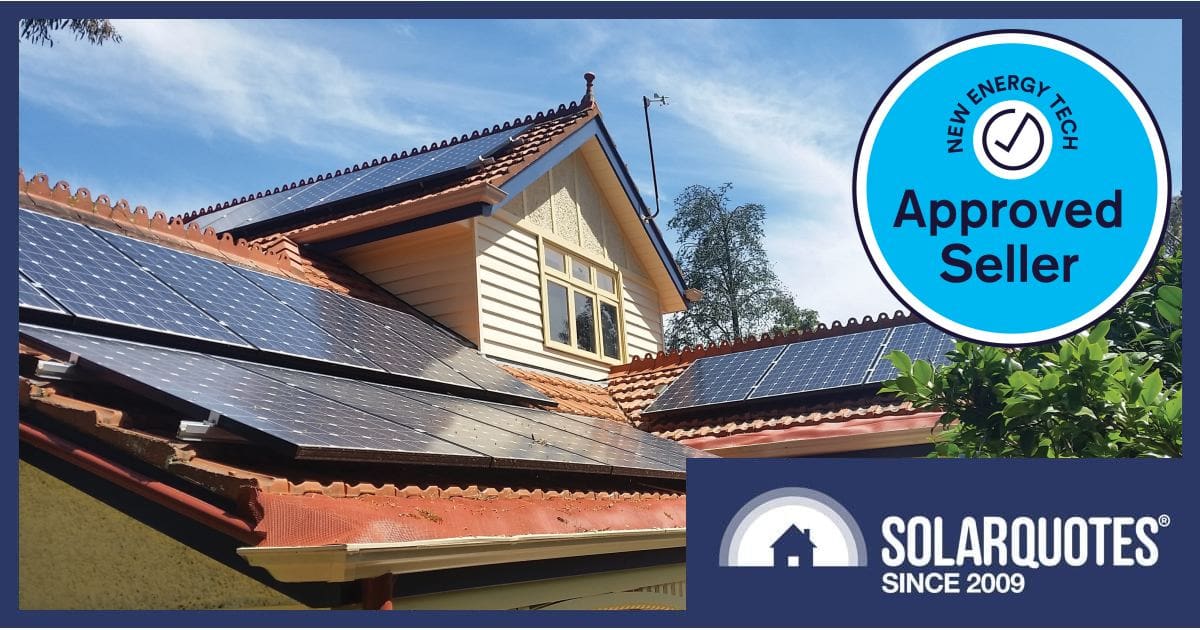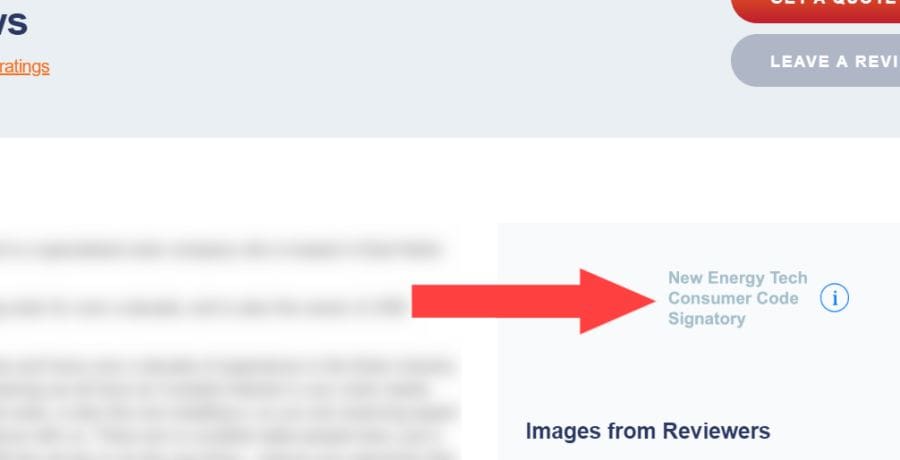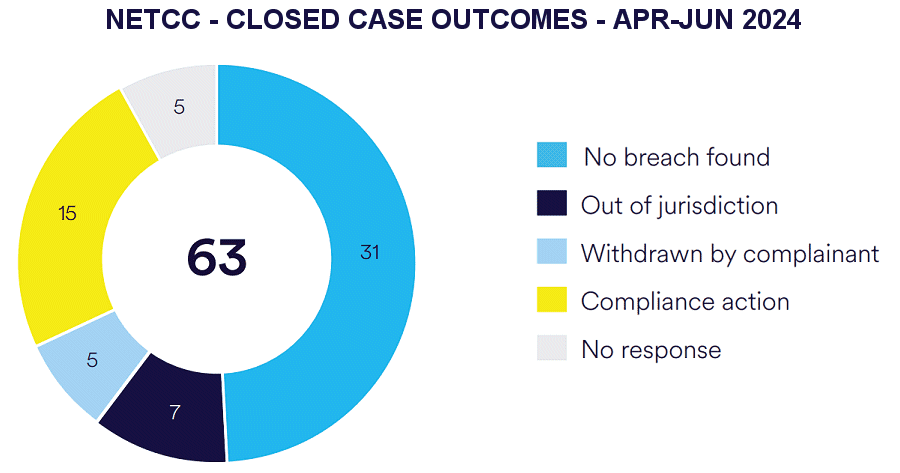
Remember the New Energy Tech Consumer Code (NETCC)? It’s still around and there are changes in the wind.
The NETCC is a voluntary code of conduct that was designed to build on existing consumer protection regulations in relation to the purchase of new energy tech such as solar power systems, home batteries and EV chargers.
Launched in 2023, it replaced the Clean Energy Council’s (CEC’s) Approved Solar Retailer (ASR) program and was authorised by the Australian Competition and Consumer Commission (ACCC). The program is overseen by a group of representatives from peak industry and consumer bodies known collectively as the NETCC Council, and the CEC is the program’s Administrator.
Consultation On Proposed Changes Closes Soon
ACCC re- authorisation for the NETCC is due late next year. Part of that process includes opportunity for minor amendments that make requirements clearer, ahead of a fuller review due in 2026.
Feedback is currently being sought from stakeholders – including consumers – on potential impacts that could arise from the changes; described in this consultation paper. A marked- up copy of the re-jiggered code can be accessed here.
The deadline for feedback submissions is 26 September, 2024. The NETCC Council will then consider and incorporate relevant feedback, and in late October a feedback report will be shared with responders and stakeholders.
NETCC Isn’t A Rock-Solid Consumer Guarantee
When you browse solar installer reviews on SolarQuotes, you’ll see which are signatories to the code by the presence of a flag towards the top-right of the review page.
We also have a page explaining what the NETCC is – and isn’t.
It’s really important to understand that just because a solar installer is a signatory, it is not an iron-clad guarantee you won’t experience issues. It just means you’ll have a body with some clout to turn to if things go pear-shaped1. And that doesn’t guarantee you’ll get your desired outcome.
If an installer isn’t a signatory, it doesn’t necessarily mean they aren’t any good. The installer might not have wanted to fork out the bucks and jump through the program’s hoops. The application fee is $480 and annual fees range from $800 – $10,000 depending on total value of new energy tech products, systems and services a business has sold over the past year; prior to the deduction of any rebates or incentives.
What Has The NETCC Council Been Doing?
If you go to the NETCC news section, they haven’t made many announcements in 2024 – just two so far at the time of publishing. But the NETCC compliance page indicates it has been keeping busy. Some quick stats as at August 31, 2024:
- 1,632 NETCC approved sellers
- 464 applications
- 10% of applications rejected
- 247 complaints received
- 242 complaints closed
- 60 compliance actions
The program kicked off with 1,500 approved sellers – good and not-so-good – who were automatically transferred over from the ASR program last year.
In the latest publicly available quarterly compliance report covering April 1 to June 30 2024, it notes the NETCC Administrator received 63 complaints and investigated and closed 63 cases during the period.
The Administrator also expelled two signatories from the NETCC program during the quarter and enforced one suspension.
Finn’s Take On The NETCC
SolarQuotes founder Finn Peacock offered his opinion of the NETCC – and an anecdote.
“In my experience, often the good guys don’t bother with it (unless they need it for a state- based rebate) and the bad guys love it because it’s a shield against accusations of shonkiness. It’s easy to get and hard to lose.
For example, an NETCC signatory solar company notorious for charging ridiculous prices for cheap systems it sells door-to-door was up against a really good local installer. They were double the price of the local guy; who was by no means cheap himself. I think they wanted $12k for a budget 6.6kW system2.
But the NETCC signatory basically said to the elderly customer (paraphrasing here): ‘Don’t go with that guy, he can’t get the NETCC endorsement because he’s dodgy. We can get it because we are so ethical. And we can’t possibly be charging too much because the NETCC have approved our prices. Anyone cheaper is dodgy! Choose us – we are the safe option.'”
And the reason why the good local installer didn’t sign on to the NETCC? In the solar installer’s opinion, it was too expensive and didn’t add value. But in some cases as Finn mentions, installers don’t have much choice. For example, installers in Victoria must be signatories in order to install systems benefiting from the Victorian solar panel rebate.
Related: How To Find Good Solar Installers Near You.
Footnotes
- On a somewhat related note, check out the SolarQuotes Good Installer Guarantee. ↩
- A decent 6.6kW budget solar system should cost around $5,500 in most states, assuming a straightforward installation ↩



 RSS - Posts
RSS - Posts



I recently made a complaint to the NETCC Administrator about multiple NETCC Approved Retailers sharing the same fake IDENTICAL reviews. Screenshots and links were provided. The Administrators response…
“The NETCC Administrator has determined that there was not sufficient evidence”
if you want to send details to [email protected], we can add them to our blacklist (if they are not already on there!)